Headline: Arizona Game and Fish Department’s Shark Control Plan Takes a Wild Turn: Killer Whales Introduced to Watson Lake
Watson Lake, Arizona – In a shocking twist that has left wildlife officials scratching their heads, the Arizona Game and Fish Department has found itself in the eye of a storm regarding its controversial plan to manage the burgeoning great white shark population in Watson Lake. Initially hailed as a groundbreaking strategy, the introduction of killer whales to the lake has not gone as planned, prompting a new and unexpected move: the importation of harbor seals from California.
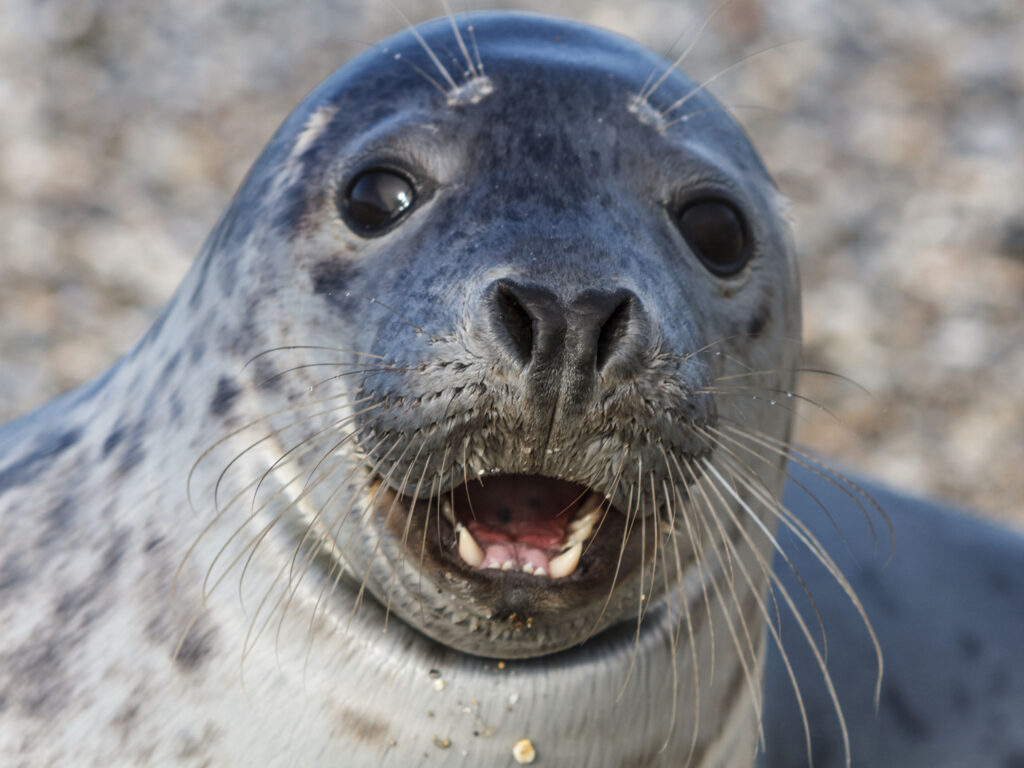
The situation began to escalate when reports surfaced last summer about a remarkable number of great white sharks spotted in Watson Lake, a small reservoir known more for its picturesque scenery than for hosting apex predators. With local anglers and families concerned about safety, the Arizona Game and Fish Department devised a plan that many thought was straight out of a nature documentary.
“We believed that introducing killer whales would help regulate the shark population,” explained Dr. Susan Waters, a marine biologist with the department. “Killer whales are known as apex predators themselves and could potentially keep the shark numbers in check.”
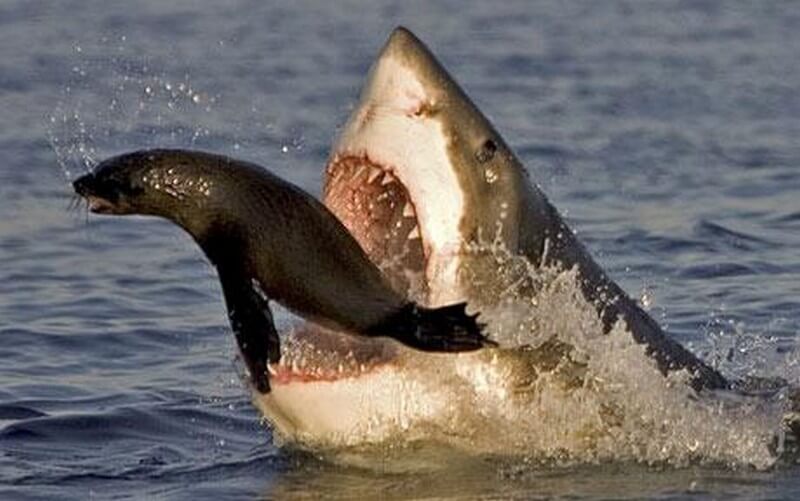
However, the plan quickly unraveled. The killer whales, while majestic and powerful, struggled to adapt to the freshwater environment of Watson Lake. Reports indicated that the whales were becoming increasingly lethargic, and their health was declining due to a lack of appropriate food sources. The sharks, it seems, were not the only issue; the whales were simply not getting enough to eat.
In a desperate attempt to remedy the situation, the Arizona Game and Fish Department is now turning to an unlikely solution: importing harbor seals from the California coast. The idea is that the seals will provide a more suitable diet for the killer whales, allowing them to thrive and, in turn, control the shark population.
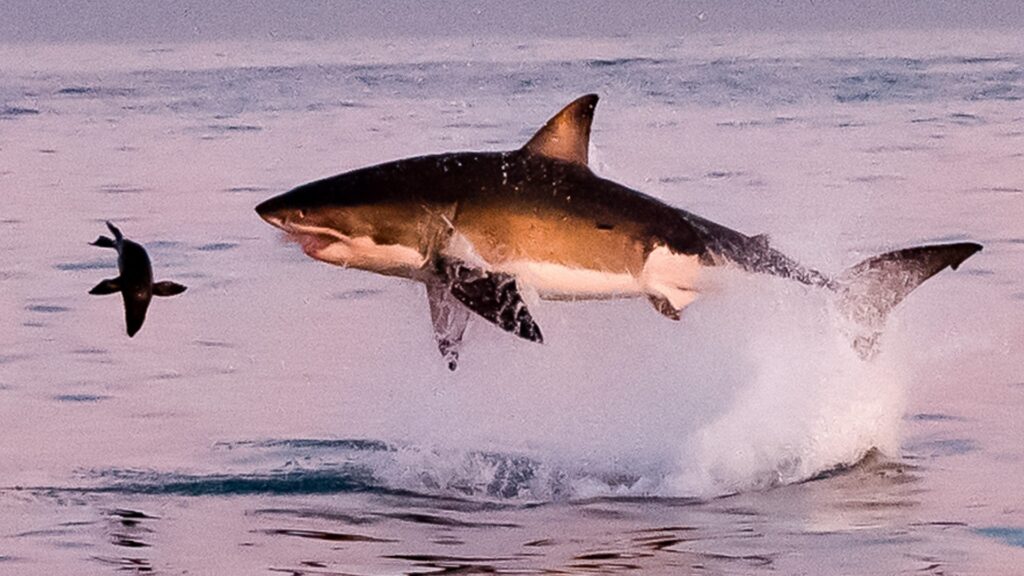
“We’re hopeful that this new approach will create a balanced ecosystem in Watson Lake,” stated Dr. Waters. “Harbor seals are a staple in the diet of killer whales, and we believe this could be a win-win for all species involved.”
Environmentalists, however, are raising eyebrows at this latest development. Critics argue that the introduction of harbor seals could lead to further complications, including potential overpopulation of seals and a shift in the natural balance of the lake’s ecosystem. Local residents are also expressing concern, with many questioning the wisdom of introducing marine mammals into a freshwater lake.
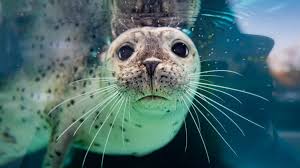
“I just wanted to take my kids fishing, not witness a wildlife soap opera,” said local resident Tom Jenkins. “What’s next? Polar bears?”
As the situation unfolds, the Arizona Game and Fish Department is under scrutiny, with many eagerly watching to see if this unconventional plan will bear fruit or if it will be yet another case of nature gone wrong. For now, the great white sharks continue to patrol the waters of Watson Lake, while the killer whales await their new companions from the California coast.
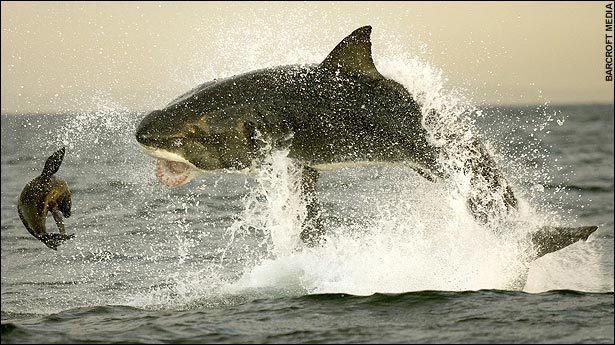
Stay tuned as this story develops, as Arizona’s wildlife saga continues to captivate and confound the community.